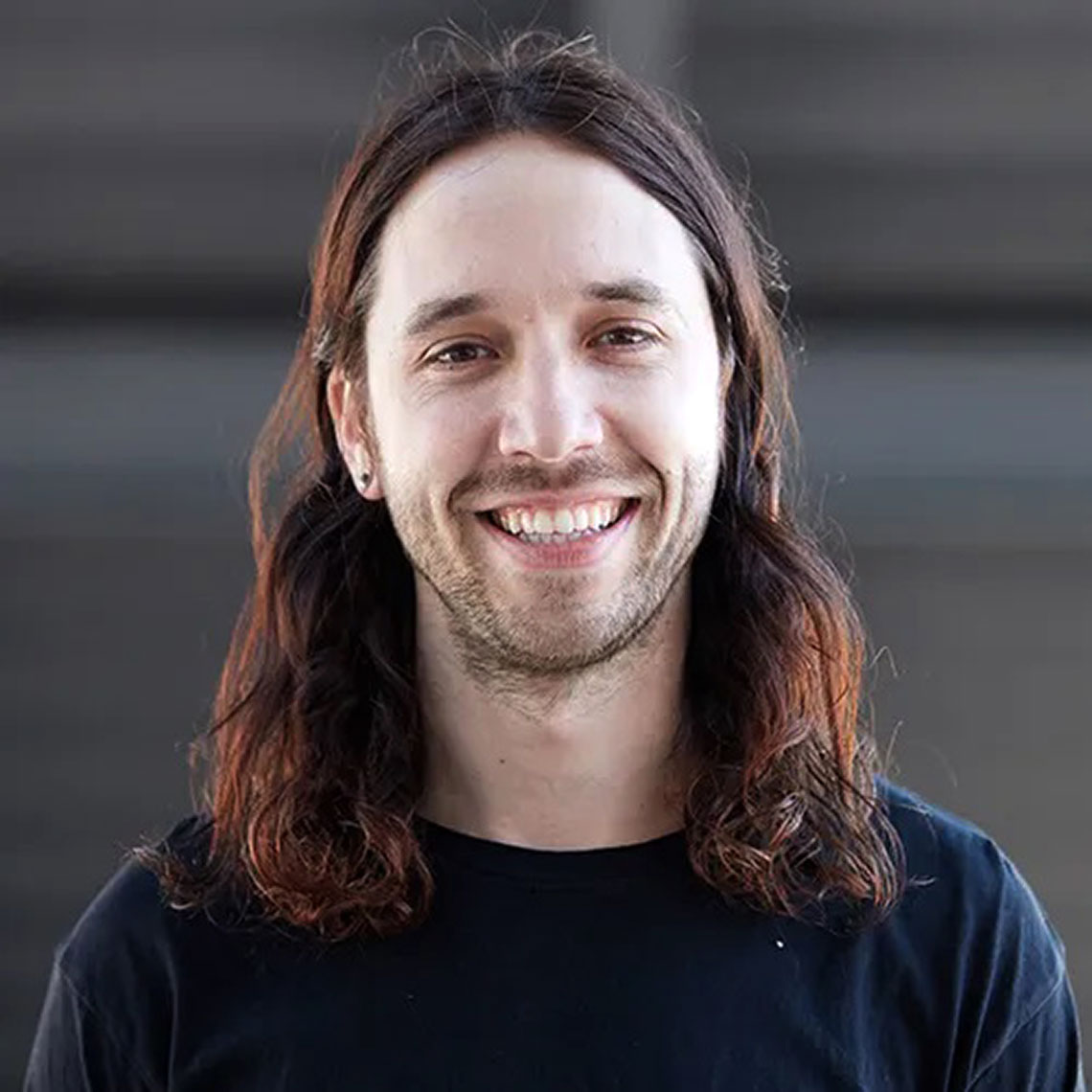During an ill-fated speech, a German politician said, "the 24th of September 2022 will be a day we will never forget." This set off a frenzy of doomsday predictions and speculation on social media.
Making matters worse, the 24th episode of the 9th season of The Simpsons (aka 9/24) is all about religious fanatics predicting, you guessed it, the end of the world.
Well, the date came and went, and we are still here. Obviously, this was all a bit silly, but as the saying goes, there's a little truth in every joke.
In the Secular West, few people are sincerely concerned about the religious vision of the end times. But they are worried about the future, and recent events have only made it worse.
The COVID pandemic raised significant questions about the reliability of our governments, institutions, and even our own bodies. Add to that climate concerns, global conflicts, economic instability, and the threat of nuclear war, and suddenly our fragility is hard to ignore.
People are anxious about life, the planet, and the future of everything. And they should be. Our world is fragile. Our bodies are as well. The world is a mess, our institutions unreliable, and World War Three a legitimate possibility.
As followers of Jesus, we have an obvious advantage; a hope beyond this world.
But knowing the truth is a privilege, and to whom much is given, much is expected. We are called to act on what we know, not judge, sit back, or retreat.
Specifically, we are called to do two things:
1. Empathize.
People are more anxious and afraid than ever. Life has always been challenging but never before have people been as ill-equipped to handle it as today. Secular humanism has no answers for human suffering.
Have you asked yourself what life would be like without God? Imagine believing that there is no real meaning or purpose. A reality in which beauty, justice, and love are nothing more than social constructs describing chemical reactions in our brains. If this is true, we should be anxious.
Knowing that this is a lie is a privilege. We should be grateful that our eyes have been opened to the truth and compassionate with those still in the dark.
2. Seize the opportunity.
Our worldview doesn't shelter us from hardship, but it offers incredibly emotional, practical, and spiritual resources to deal with it. This shouldn't go unnoticed!
As it says in Peter 3:15, "Instead, you must worship Christ as Lord of your life. And if someone asks about your hope as a believer, always be ready to explain it."
When people do notice and ask, we need to be ready to give them answers for a reason for our hope. But we don't need to wait. We can begin spiritual conversations with the non-religious by learning to ask great questions.
Some examples include:
What are you most afraid of?
What do you put your hope in?
How long do you think we have left on this planet? Is there any hope beyond this planet?
This sounds kind of dramatic, but if everything we've ever done, ever built, created, and invested in will just end one day as our sun dies..does that make things feel meaningless?
What do you think happens after we die?
I've experienced that people are hungry for answers and ready to talk about deep things. We only need to be willing to ask.
Soon enough, the world will end, if not for everyone collectively, for every individual person (give or take 70 years). It's natural to be afraid, but there is hope.
For those of us who have it, it's incumbent upon us to share it with those who don't because a world without God is a scary place.
Want to listen to the full conversation? Listen to Episode 448: It's the End of the World & Dead Puppy Barrels



